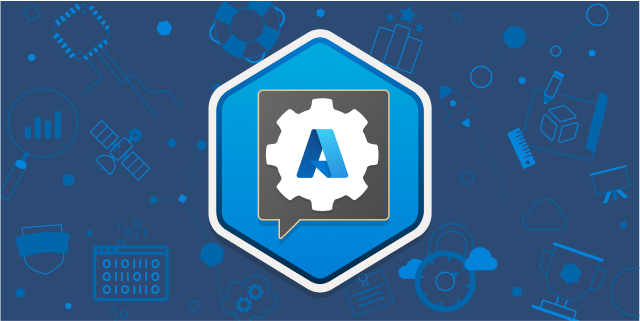Azure compute is a cloud computing solution that allows you to execute cloud-based applications on demand. It offers discs, processors, memory, networking, and operating systems as well as other computer resources. The resources are available on-demand and may usually be accessed within minutes or seconds. You only pay for the resources that you use, and only for the time that you utilize them.
Azure offers a variety of computing options for development and testing, application deployment, and datacenter expansion. Linux, Windows Server, SQL Server, Oracle, IBM, and SAP are all supported by the service. Many Azure services can also operate virtual machines (VMs). Depending on your needs, each service offers different possibilities. The following are some of the most well-known services:
Azure Virtual Machines
Azure Container Instances
Azure App Service
Azure Functions (or serverless computing)
Virtual machines:
Virtual machines are computer simulations that run on software. A virtual CPU, memory, storage, and networking resources are all included. Virtual machines (VMs) run an operating system and allow you to install and execute applications much like a real computer. You can use and operate the virtual machine as if you were sitting in front of it while utilizing a remote desktop client.
You can construct and utilize virtual machines in the cloud using Azure Virtual Machines. Infrastructure as a service (IaaS) is provided through virtual machines, which may be utilized in a variety of ways. Virtual machines (VMs) are an excellent solution when you require complete control over an operating system and environment. You may tweak all of the applications running on the VM just as you do on a real machine. When you’re running bespoke software, this functionality comes in handy.
Virtual machine scale sets:
Scale sets are an Azure computing resource that may be used to deploy and manage a group of identical virtual machines. Virtual machine scale settings are meant to provide real auto-scale when all VMs are set up the same. Virtual machines do not need to be pre-provisioned. As a result, developing large-scale services for big computing, big data, and containerized workloads is easy. More VM instances can be added as demand grows. VM instances can be withdrawn when demand decreases. The procedure might be human, automated, or a hybrid of the two.
Containers and Kubernetes:
You may leverage Azure computing resources like Container Instances and Azure Kubernetes Service to deploy and manage containers. Containers are virtualized application environments that are lightweight. They’re built to be dynamically formed, scaled out, and halted. On a single host computer, you may execute many instances of a containerized application.
App Service:
You can swiftly design, deploy, and scale enterprise-grade web, mobile, and API apps on any platform with Azure App Service. When you use a fully managed platform to execute infrastructure maintenance, you can fulfil stringent performance, scalability, security, and compliance requirements. App Service is a PaaS (platform as a service) solution.
Functions:
When all you care about is the code that runs your service, not the underlying platform or infrastructure, functions are the way to go. They’re typically used when you need to respond to an event (often via a REST request), a timer, or a message from another Azure service, and the task can be accomplished rapidly, in seconds or less.






